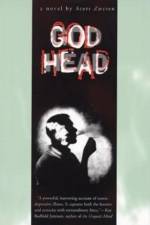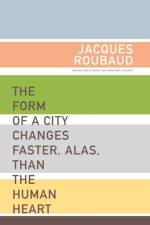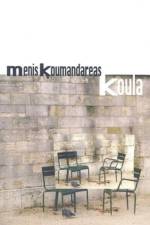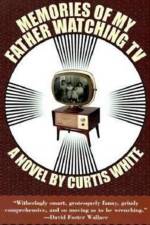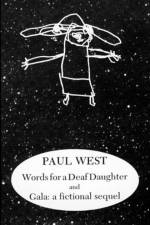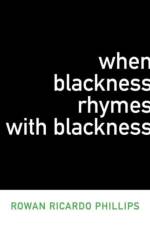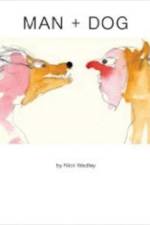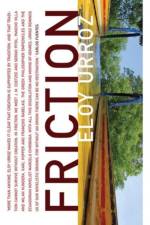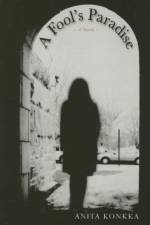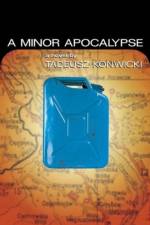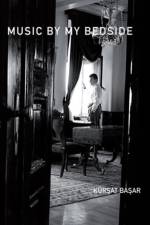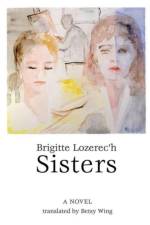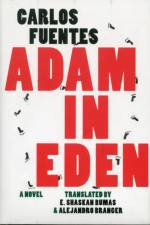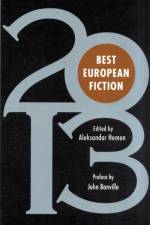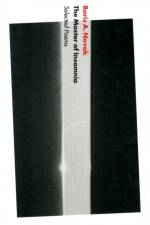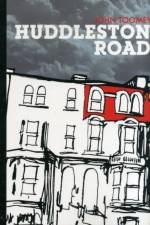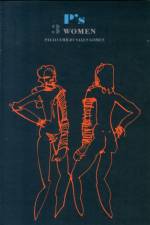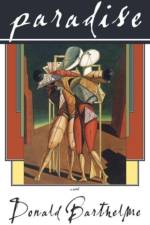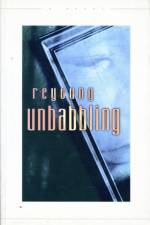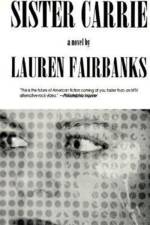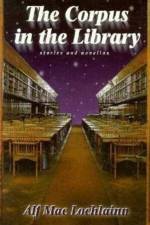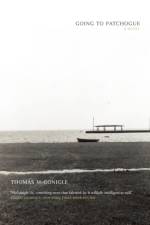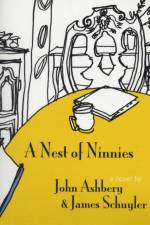- A Novel
av James Schuyler
151
The denizens of Kelton, New York - a bedroom community some fifty miles from Manhattan - are a well-heeled bunch who spend an awful lot of time playing rummy. There is Alice, an unfulfilled cellist, and her complacent brother Marshall, who doesn't like his friends to confide in him. There are the bumbling and overindulged Fabia and Victor, another sibling duo, and their friend Irving, a meek mama's boy. Into their cloistered lives come Claire and Nadia Tosti, two sisters from Paris, whose take-charge tactics stir the winds of enterprise, romance, and change. Through them, Alice is led to a swarthy Italian who helps her orchestrate a successful restaurant business. Irving pairs up with Claire, finally winning freedom from his eccentric, cat-loving mother. Victor embraces Nadia and the antiques trade, while Fabia discovers a potential romance with Victor's French pen pal. Only Marshall finds himself eluded by love, a predicament that will lead him from the snug environs of Kelton to the crude energies of the Midwest. In bistros, galleries, bars, and theaters, the protagonists eat, drink, criticize each other, and debate the worlds of art, music, literature, life, and love.

